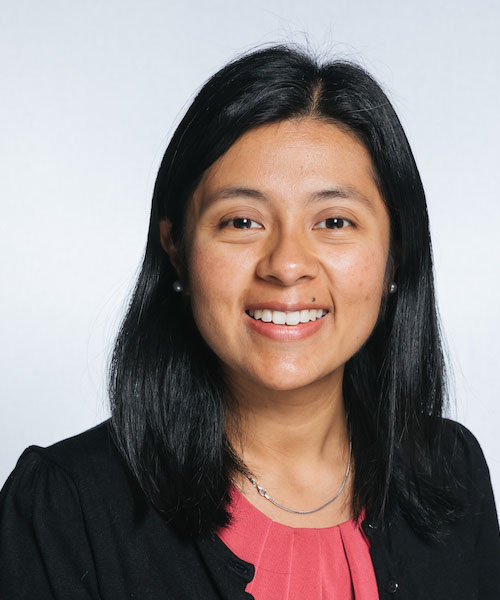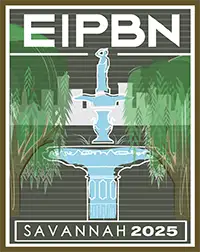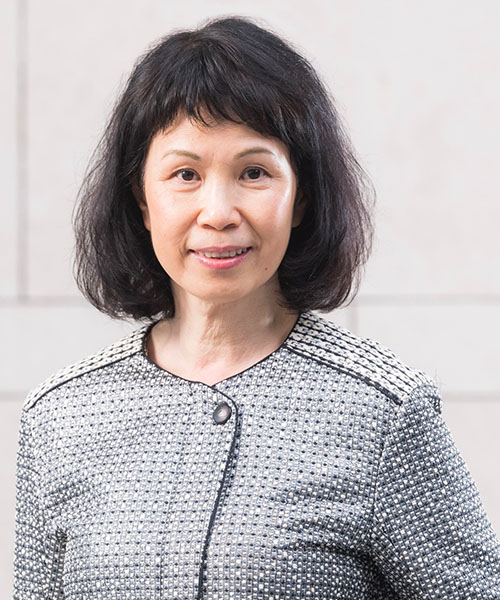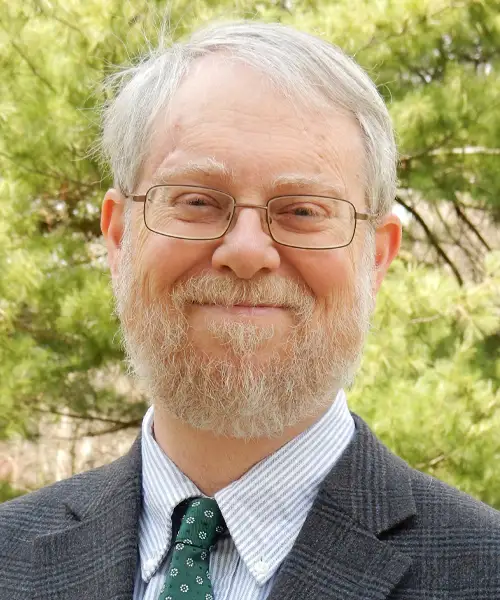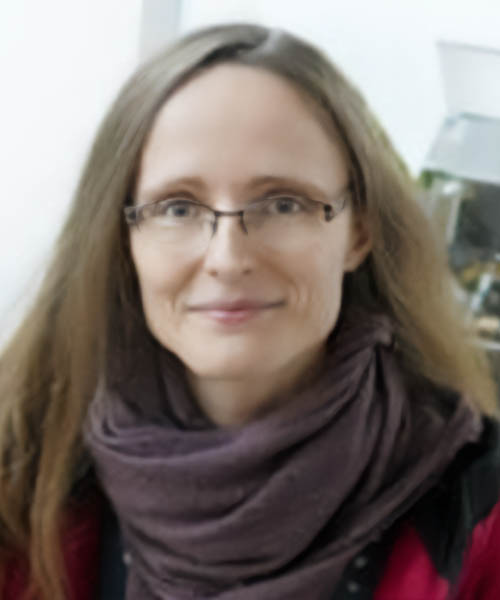Carla Perez-Martinez
Department of Physics and Astronomy at University College London
About Carla Perez-Martinez
Carla Perez-Martinez is a UKRI Future Leaders Fellow at the London Centre for Nanotechnology (LCN) and the Department of Physics and Astronomy at University College London. Dr Perez-Martinez joined the LCN in 2020, where she is a principal investigator leading work towards the development of nanomanufacturing technologies based on new sources of ions from ionic liquids. Dr Perez-Martinez obtained her BS, MS, and PhD degrees from the Department of Aeronautics and Astronautics at the Massachusetts Institute of Technology, in 2011, 2013 and 2016, respectively. From 2016 to 2019 she was a postdoctoral research fellow in the Physical and Theoretical Chemistry Laboratory at the University of Oxford, where she was also appointed Junior Research Fellow of Trinity College.
